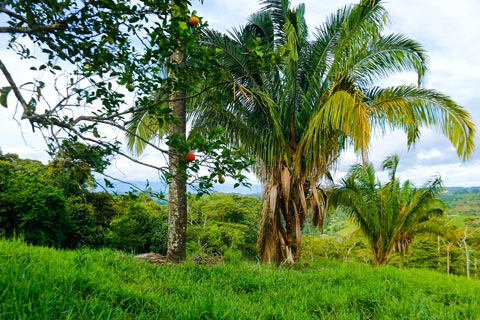Price Analysis and Market Evaluation
Are you paying the right price? Let’s talk about what no one else will.
Buying property in a foreign country is exciting — but also full of traps that aren’t always visible at first glance. In Costa Rica, while the real estate market is vibrant and full of opportunity, it’s also loosely regulated, especially when it comes to pricing practices and sales ethics.
If you're not careful, you might walk straight into a deal that’s “legal,” but not fair — and definitely not in your best interest.

There are common tactics used in real estate transactions here that might surprise you. While they don’t break any laws, they can cause major financial damage to uninformed buyers:
1. Dual Pricing ("Foreigner Price").-
It's an open secret: some properties have two prices — one for locals and one for foreigners. Sellers assume international buyers don’t know the local benchmarks and price accordingly. This isn’t illegal, but it’s clearly exploitative.
How it hurts you: You might overpay by 20% to 50% or more without realizing it. And once you own it, resale will likely be below what you paid.
2. Cherry-Picked Comparisons.-
Agents may show you “comps” (comparable sales) that only support their narrative. But are those properties truly comparable in terms of location, road access, utilities, or legal condition?
How it hurts you: You’re misled into believing the price is justified when, in reality, you're being upsold.
3. Overhyping Future Development.
Sellers often talk about upcoming resorts, roads, or airports that will supposedly raise property values. Some of these projects are real — many are pure speculation, or stuck in planning limbo for years.
How it hurts you: You buy at an inflated “future value” that never materializes, tying up your money in a stagnant or depreciating asset.
4. Non-disclosure of Hidden Issues
In Costa Rica, there’s no legal obligation for sellers or agents to disclose things like flooding risk, informal easements, community disputes, or poor-quality infrastructure.
How it hurts you: You may only discover major issues after you buy — and by then, it's too late.

When you hire me to evaluate properties, I’m not trying to close a sale — I’m trying to protect your investment. My process includes:
Comparing true market values using verified local data
-
Identifying overpriced listings and inflated comps
-
Investigating the history of the property and neighborhood
-
Evaluating long-term potential vs. hype
-
Telling you honestly if something just doesn’t make sense
You’ll get neutral, data-driven advice — not sales tactics.
💡 Remember: Just because something is legal doesn't mean it's right.
The lack of consumer protections in Costa Rica makes due diligence and independent advice absolutely critical. Most agents and developers are not required to disclose risks, and many are incentivized to stretch the truth. That’s why having someone on your side — who isn’t selling — makes all the difference.
